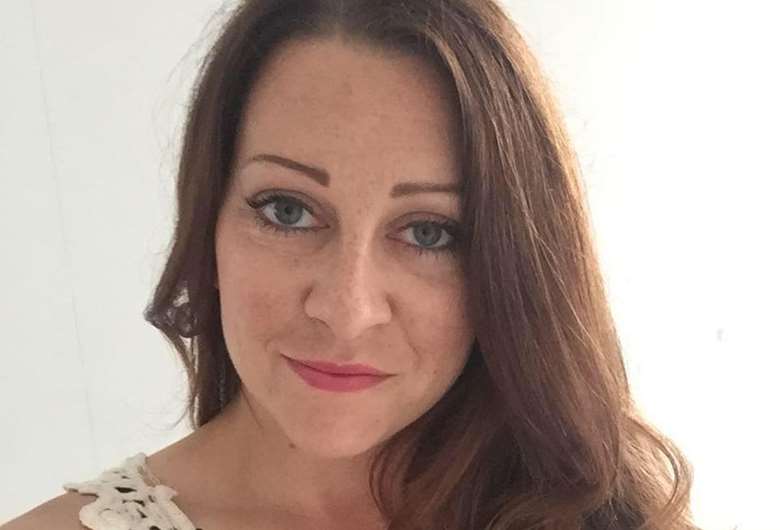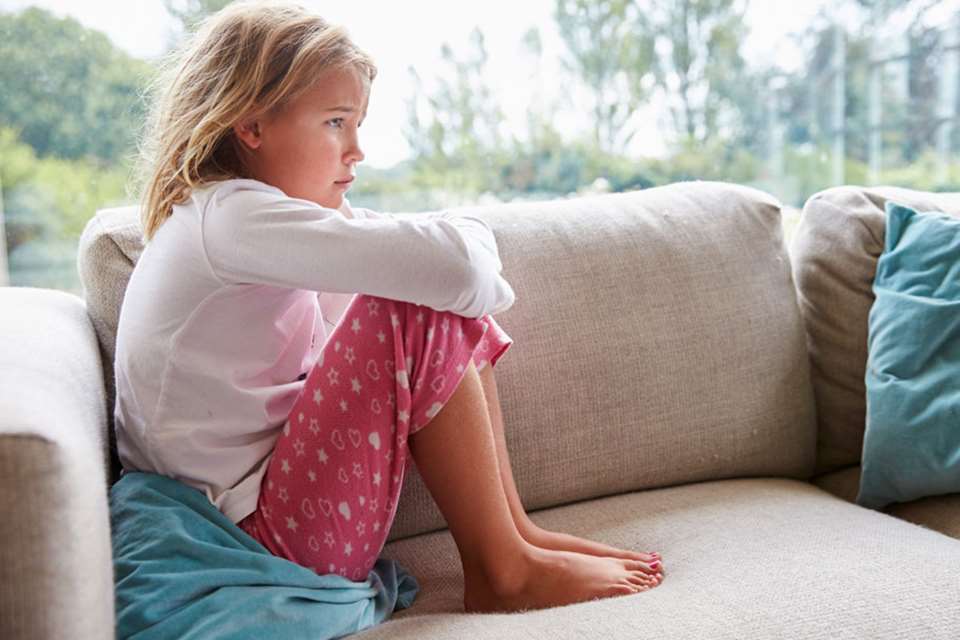How to support children to be confident about the way they look
Kayleigh Hollingsworth
Tuesday, September 6, 2016
We need to challenge young children's anxieties about body image, says nursery manager Kayleigh Hollingsworth

Body image - everyone has an opinion about their own, but should children as young as three be having negative thoughts about theirs? Of course not, but this is the harsh reality of early years today.
As a nursery manager with over ten years’ experience I have seen, first-hand, an increase in children’s awareness around body image and a worrying lack of body confidence from these children who we care for.
Recent research from PACEY has shown that nearly a quarter (24 per cent) of childcare professionals have witnessed body confidence issues in children aged three- to five-years- old.
This increases to almost half (47 per cent) of childcare professionals witnessing anxieties about body image in six- to ten-year-olds. Statements such as 'I am fat', 'S/He is fat', 'I am ugly' are becoming commonplace amongst children in these age ranges.
As a manager and early years teacher working closely with families and children of this age, I have heard these statements on numerous occasions. It is a sad reality that one in ten of us have heard children refer to themselves as ugly. I have had discussions with the children in my care around similarities and differences between people, body image and body confidence.
Discussions in the settings I’ve worked at have highlighted where these young children’s anxieties were coming from. Many children see advertisements and videos on the television or their electronic tablets.
Some children strive to be like Disney princes and princesses and wish that they could look/talk/sing like them. Throughout my career, and more recently, the most apparent and worrying influence is through indirect comments and discussions.
Children as young as three have been able to describe in detail what happens at slimming groups; others have explained to me why they 'cannot eat that', while some children have said they cannot take part in activities because they will be 'rubbish at it'.
Yes, they may be too young to understand what they are saying but they repeat these phrases because they have overheard adults and peers. These type of comments have been around for many years; I can even remember throughout my childhood not wanting to compete in sports days as I wasn’t very athletic!
However, the further I get into adulthood the more I realise I was sheltered from the issues and topics we are discussing today. Perhaps this is a product of my upbringing? Maybe it was the era I grew up in? Whatever the reason, body image issues are a reality and we shouldn’t be living in a blame culture, we should be learning from every new piece of evidence we discover to provide our children with the best possible start in life.
For me, the best way to tackle body image and body confidence is not to focus on negativity, obesity or healthy eating, but to understand that children are little sponges who soak up everything they see and hear. We need to be aware of how children are feeling about themselves, what they think of themselves and to be confident in scaffolding, supporting and teaching positive self-awareness.
It is so disheartening to hear children refer to themselves as ugly, or to wish they look different, have different coloured hair, eyes, even skin. Children shouldn’t have to carry the burden of adult insecurities.
Yes, we all go through stages in our lives that perhaps we cannot change or, intervene with, and they will undoubtedly shape our future. I was bullied for wearing glasses throughout my school years, this is something that has stayed with me for life and only now at 29 years of age can I confidently wear my glasses. Children are increasingly hearing phrases, topics and innocent chit-chat at such young ages that it is now beginning to impact on their own self-belief and intrinsic thoughts. No parent, carer or childcare professional wants this. It is, as I said ‘innocent’ chit-chat, there is no blame here.
So, what can we take from this research and newfound knowledge? A lot can be said for a simple explanation, children are very accepting once they understand and have reasoning. A simple explanation can solve, combat and diminish bullying, negativity, and racism, and it expands our children’s minds.
We need to be mindful of how we talk, and what we actually say in front of the future generation, working with parents, carers and those who play active roles in the children’s lives, building relationships with them so that we can work together to provide the best possible start for the children.
We need to continue to do what we have always done as practitioners, parents and carers, that is to our children in times of uncertainty and need, praise them for their talents, continue to teach them to be a valued member of society and to challenge any negativities that they may have.
- Kayleigh Hollingsworth is the manager of a private day nursery in Scunthorpe and out-of-school clubs for children from birth to 12.





